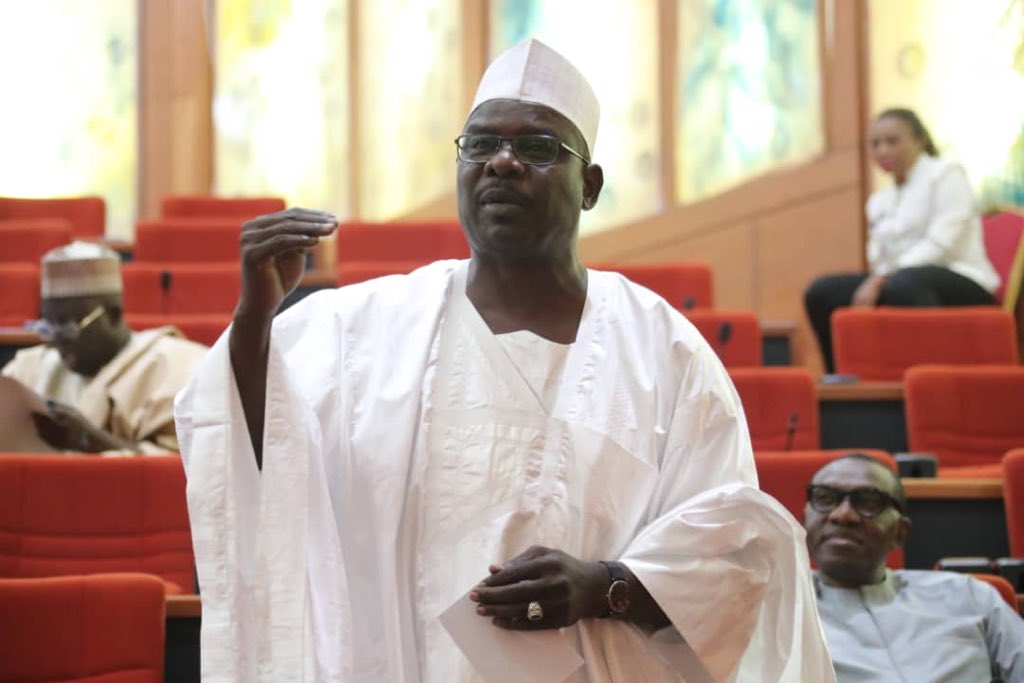NEWS
Senator Ndume advocates death penalty for high-level corruption

Senator Ali Ndume‘s recent remarks advocating for the death penalty for individuals convicted of embezzling large sums of government money have stirred controversy.
Speaking on Channels TV Politics Today, Ndume expressed his support for capital punishment for those who steal significant amounts from public coffers.
He argued that corruption among politicians is driven by the people, suggesting that those who steal substantial sums should face the death penalty as a deterrent.
According to Ndume, “If you compare us, politicians, to all the corruption, it is very small. Our corruption is people-driven. If you steal it, you will go and share it with the people. If you don’t, you are not coming back for four years. There is no reason for stealing.
“I have been to the National Assembly, I can’t say because we are on TV now and not telling the truth. If the death penalty is supposed to be included in corruption, I will support it but you don’t go and kill someone that stole one million or one billion, no. But someone who steals one trillion of government money should be killed.
“The death penalty is the best deterrent for those being caught for drugs. If you do drugs, you are killing people.
“That means you have destroyed the lives of so many people and killed so many people,” he said.
Ndume’s comments come amid ongoing debates over the Senate’s passage of the National Drug Law Enforcement Agency Act (Amendment Bill) 2024, which prescribed the death penalty for drug offenders.
While some support the measure as a means to combat drug trafficking, others, including legal experts and civil society organizations, have criticized it as an ineffective solution to addressing corruption.
Critics argue that the death penalty for embezzlement may not effectively deter corruption and could have unintended consequences.
Instead, they advocate for alternative measures such as strict border control and addressing the root causes of corruption, such as poverty and lack of accountability.
Ndume’s remarks have reignited discussions about the appropriate penalties for corruption in Nigeria and underscored the complex challenges facing the country in its efforts to combat graft and improve governance.